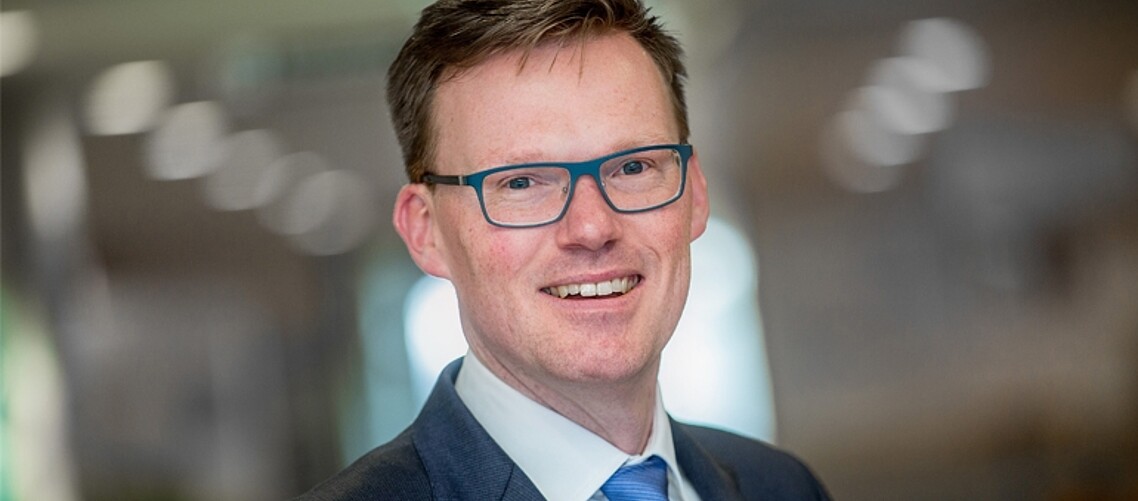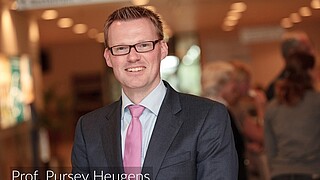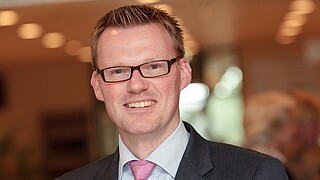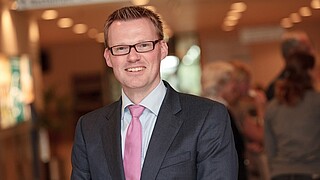This is reflected in the report The power of choice, a study by the Erasmus Centre for Family Business (ECFB) at Rotterdam School of Management, Erasmus University (RSM), BDO Accountants & Advisers and Rabobank. It looked into the ownership and ownership strategies of family businesses during and in the aftermath of economic crises. The study followed 1,271 European companies in 2007-2011 around the financial crisis. These insights are very valuable for family businesses in the aftermath of the corona crisis and its economic consequences.
Increased or reduced equity
The common thread in the study is that doing nothing is not an option. “A crisis turns out to be the perfect moment for a family business to make a difference. Think about your role as owner and shareholder and decide whether to increase control over the company by buying more shares or decrease it by selling it. Making choices pays off, regardless of whether this is a choice to be more involved or to distance yourself,” says Prof. Pursey Heugens, professor and director of the ECFB at RSM and chair holder family businesses.
Other important conclusions of the study are:
- There is no such thing as a short crisis. The recovery after an economic crisis often takes a long time. In many countries the stock market index has still not risen above the level of early 2008, when the economic crisis hit in all its severity. That’s why companies must have a long-term strategy.
- Family businesses are as susceptible to crises as non-family businesses. Family businesses are known to be relatively crisis-resistant, but the research shows that they are hit by a crisis as hard as non-family businesses, particularly in the first two years. It does not matter who runs the company; the founder, a successor or an external CEO. Joost Vat, BDO partner and specialist in organisational advice and family businesses: “We can see that when the worst crisis is over, family-run companies with a founder mentality recover faster. This happens especially when families dare to take a good look in the mirror from their role as owners during a crisis and act accordingly.”
- Family businesses with a founder at the helm innovate the most. When the founder of the family business is still in charge of the business, the focus on innovation, research and development is strongest. This decreases over generations.
- Buying and selling after crises creates new strategic opportunities. “Engaging with the equity interest frees up resources such as capital, knowledge and expertise, or creates a like-minded group of family owners that define the framework and principles of the business strategy. This increases the strategic stability of the company, both financially and in the directions to be pursued,” says Mirelle Pennings, director of commercial banking at Rabobank.
- Family businesses tend to be counter-cyclical. The fact that family businesses retain their own DNA in times of crisis, know what they are good at and know what they are doing increases the chances of success if they are invested in innovation in products or services after a crisis.
To act or not to act
After a crisis, non-family businesses often try to distinguish themselves by focusing on issues such as sustainability and corporate social responsibility. For family businesses where the successor is already in the picture, it could be a good approach to take this up because these companies are often lagging behind competitors in these areas. But, staying close to the founding spirit of the company often remains the most important way to ensure the long-term success of the family business. Heugens: “That means innovating, safeguarding competitiveness, not being afraid to make sacrifices and keeping a long-term perspective. Anyone who does this will come out of a crisis more quickly than family businesses that do not act, or hardly act.”
Co-operation ECFB, BDO and Rabobank
ECFB, BDO and Rabobank have been working together since 2016 to conduct scientific research in the field of family businesses to gain more insight into the most important trends and developments. Following on earlier themes of strategy shifts after generational change, family values, internationalisation, employment and vitality, this sixth study focuses on ownership and owner strategies in family businesses. Since 2020, the collaboration has been further intensified with the establishment of a chair for family businesses. The chair is held by Pursey Heugens, professor of organisation theory, development, and change at Rotterdam School of Management, Erasmus University (RSM).



